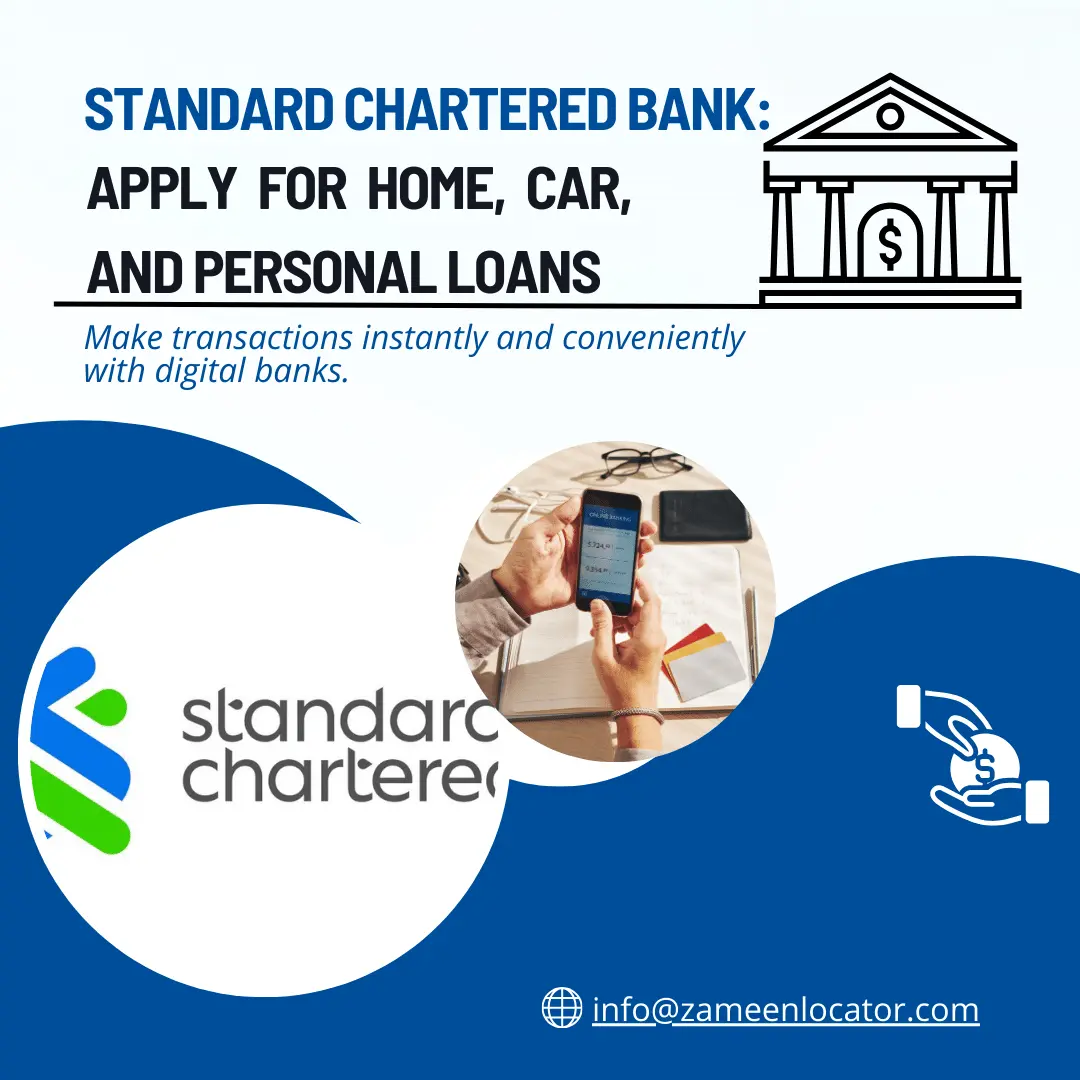
Secrets to Finding the Lowest Mortgage Rates and Car Loan Rates
Introduction:
- Securing a mortgage or car loan is a significant financial decision that can impact your budget for years. One of the factors to consider when taking out these loans is the interest rate. A lower interest rate can save you thousands of dollars over the life of the loan. In this guide, we'll uncover the secrets to finding the lowest mortgage and car loan rates, empowering you to make informed financial choices.
Understanding Mortgage Rates
- Mortgage rates influenced various factors, including economic conditions, inflation, and the Federal Reserve's monetary policy. To secure the lowest mortgage rate possible, consider the following strategies:
1: Improve Your Credit Score
- Lenders use credit scores to assess your creditworthiness. A higher credit score indicates lower risk for the lender, leading to better interest rates.
- Prioritize paying bills on time, reducing credit card balances, and avoiding new debt to improve your credit score.
2: Shop Around for Lenders
- Don't settle for the first mortgage offer you receive. Compare rates from multiple lenders to find the most competitive offer.
- Consider working with a mortgage broker who can help you access a broader range of loan options.
3: Increase Your Down Payment
- A larger down payment reduces the amount you need to borrow, which can result in a lower interest rate.
- Aim to save at least 20% of the home's purchase price for a conventional mortgage to avoid private mortgage insurance (PMI) and secure better rates.
4: Choose the Right Loan Term
- Shorter loan terms typically have lower interest rates but higher monthly payments. Consider your budget and financial goals when choosing between a 15-year or 30-year mortgage.
Decoding Car Loan Rates
- Car loan rates can vary based on factors such as your credit history, the loan term, and the vehicle's age. To snag the best car loan rates, follow these tips:
1: Check Your Credit Report
- A copy of your credit report and review it for errors or inaccuracies. Dispute any discrepancies to ensure your credit score accurately reflects your financial history.
2: Get Preapproved
- Before shopping for a car, get preapproved for a loan from multiple lenders, including banks, credit unions, and online lenders.
- Preapproval allows you to negotiate with dealerships as a cash buyer and may result in better financing offers.
3: Opt for Shorter Loan Terms
- While longer loan terms may offer lower monthly payments, they often come with higher interest rates and more interest paid over time.
- Choose the shortest loan term to minimize interest costs and pay off the loan faster.
4: Negotiate the Purchase Price
- Negotiate the purchase price of the vehicle before discussing financing terms. A lower purchase price means borrowing less and potentially qualifying for a lower interest rate.
Conclusion
- By implementing these strategies, you can increase your chances of securing the lowest mortgage and car loan rates available. Remember to shop around, compare offers, and review loan terms and conditions before committing to a loan. With careful planning and research, you can save money on interest and achieve your homeownership and car ownership goals more affordably.
Frequently asked questions (FAQs)
- 1: What factors affect mortgage rates?
- Answer: Mortgage rates influenced factors in economic conditions, inflation rates, the Federal Reserve's monetary policy, and individual creditworthiness. Lenders also consider factors like credit scores, down payment size, and loan terms when determining mortgage rates.
- 2: How can I improve my chances of qualifying for a low mortgage rate?
- Answer: To increase your chances of qualifying for a low mortgage rate, focus on improving your credit score, saving for a larger down payment, choosing the loan term, and shopping around for lenders. Maintaining a stable employment history and reducing your debt-to-income ratio can strengthen your mortgage application.
- 3: What credit score do I need to qualify for a low mortgage rate?
- Answer: While specific credit score requirements vary by lender and loan type, generally, a credit score of 700 or higher is considered good and may qualify you for the lowest mortgage rates. However, borrowers with lower credit scores may still be eligible for competitive rates by demonstrating other strengths in their financial profile.
- 4: What is the typical loan term for car loans, and how does it impact interest rates?
- Answer: Car loans typically have loan terms ranging from 36 to 72 months, although longer terms may be available. Shorter loan terms often come with lower interest rates but higher monthly payments, while longer terms may have higher rates and lower payments. Choosing the loan term depends on your budget and financial goals.
- 5: Should I prioritize a lower interest rate or a shorter loan term for my car loan?
- Answer: The decision between a lower interest rate and a shorter loan term depends on your financial priorities and budget. A lower interest rate can save you money on interest over time, while a shorter loan term allows you to pay off the loan faster and potentially build equity in the vehicle more quickly. Consider your long-term financial goals and monthly budget when making this decision.








